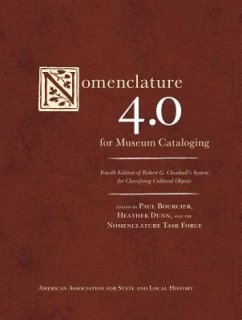Nicht lieferbar

Twentieth-Century Popular Culture in Museums and Libraries
Versandkostenfrei!
Nicht lieferbar
Although libraries and museums for many centuries have taken the lead, under one rational or another, in recovering, storing, and displaying various kinds of culture of their periods, lately, as the gap between elite and popular culture has apparently widened, these repositories of artifacts of the present for the future have tended to drift more and more to what many people call the aesthetically pleasing elements of our culture. The degree to which our libraries and museums have ignored our culture is terrifying, when one scans the documents and artifacts of our time which, if history in any...
Although libraries and museums for many centuries have taken the lead, under one rational or another, in recovering, storing, and displaying various kinds of culture of their periods, lately, as the gap between elite and popular culture has apparently widened, these repositories of artifacts of the present for the future have tended to drift more and more to what many people call the aesthetically pleasing elements of our culture. The degree to which our libraries and museums have ignored our culture is terrifying, when one scans the documents and artifacts of our time which, if history in any wise repeats itself, will in the immediate and distant future become valuable indices of our present culture to future generations. As Professor Schroeder dramatically states it, "No doubt about it, it is the contemporary popular culture that is the endangered species." The essays in this book investigate the reasons for present-day neglect of popular culture materials and chart the various routes by which conscientious and insightful librarians and museum directors can correct this disastrous oversight.














